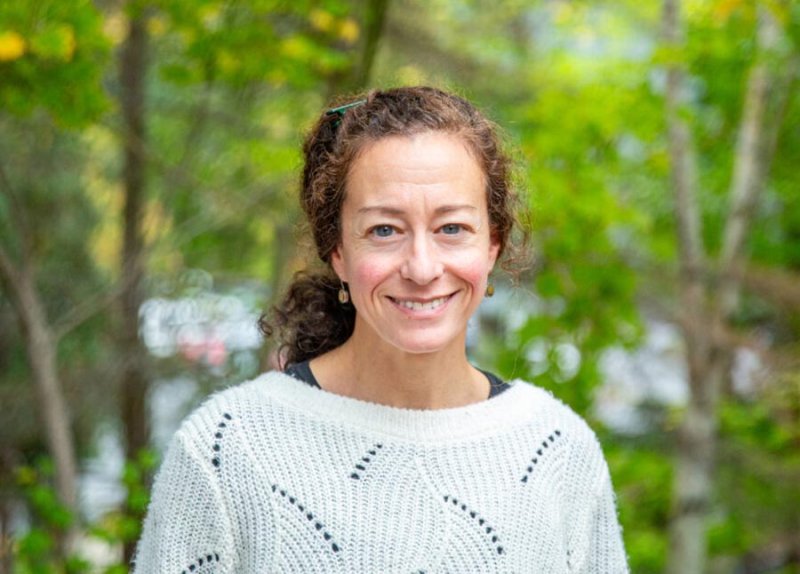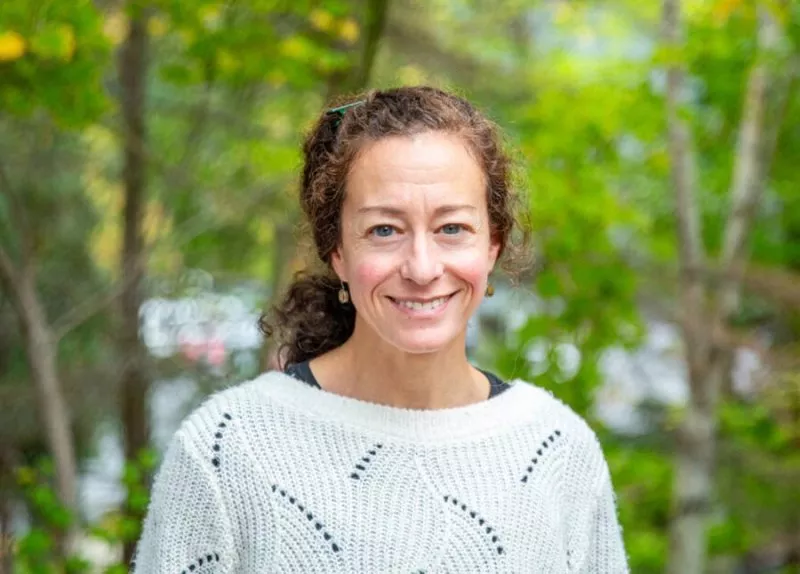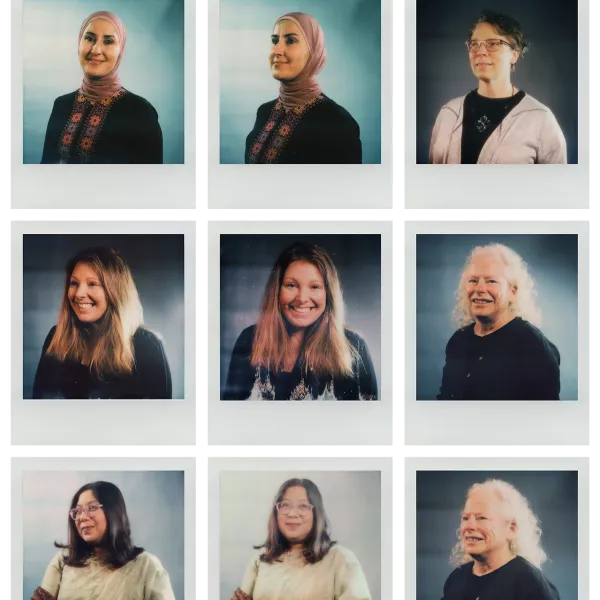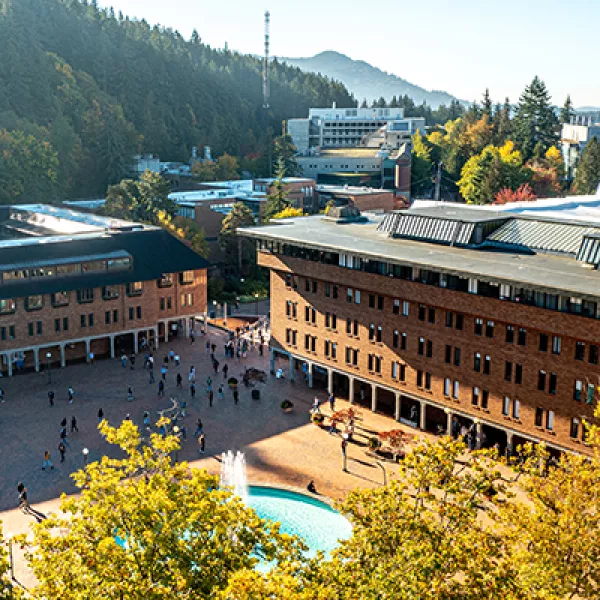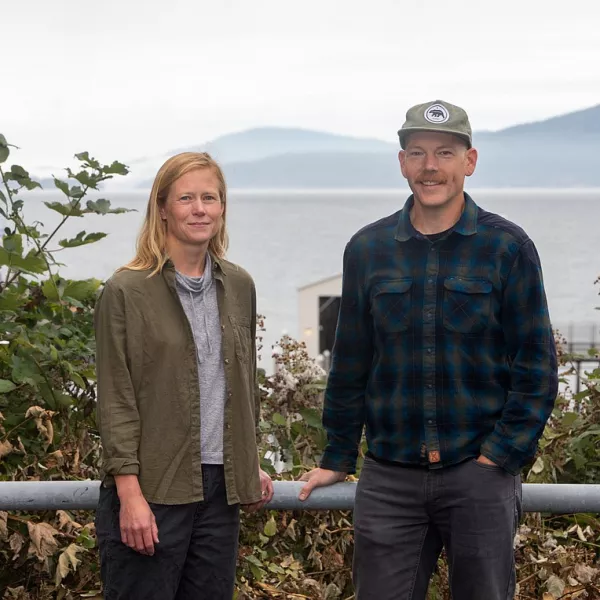WWU’s Robin Kodner will lead a multi-university effort to explore access, diversity, equity and inclusion in major scientific societies.
The National Science Foundation is funding a $1.9 million grant titled “EVOLVED: Embedding a Vision to Operationalize, Lift up, and Value Equity and Diversity in the Consortium of Aquatic Science Societies.” The goal: build and implement a culture that supports and welcomes a diverse community within the consortium’s 10 aquatic scientific societies with a combined membership of 20,000 scientists.
It makes sense to pay attention to scientific societies to build a more welcoming atmosphere in the sciences: These groups host conferences, publish scientific journals and recruit the next generation of scientists. They’re an incredibly valuable space for young professionals to network.
“This grant is about recruiting and teaching more students from underrepresented groups to study in aquatic sciences, but also about pushing for culture change within the scientific societies, so that when these students graduate and begin careers, they are landing in places where they are valued and can bring their unique perspectives to bear,” Kodner says.
Kodner, an associate professor in environmental science known for her work on pink snow algae, will work with collaborators at Clemson, University of Wisconsin at Madison, and the State University of New York at Oneota.
They’ll work to develop programs to recruit underrepresented students into marine sciences—and encourage them to stay through opportunities to be mentored.
The group also plans to develop a series of workshops for society members to envision a more inclusive culture in the sciences. This builds on similar workshops at Western organized by Kodner along with former Inclusion and Outreach Specialist Regina Barber and Biology Professor Lina Dahlberg, who all received Western’s Diversity Achievement Award in 2018.
